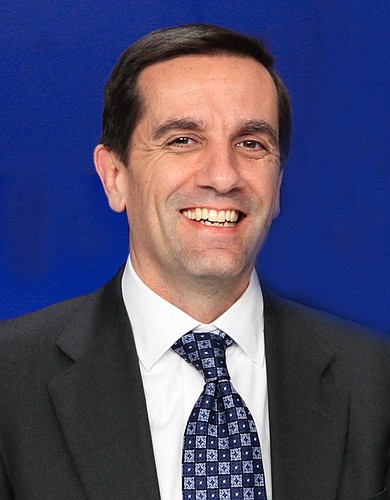- December 15, 2025
-
-
Loading

Loading

INVO Bioscience stands on the cusp of big things. The Lakewood Ranch-based medical device company focused on infertility treatment is about to embark on what it hopes will be its next stage of growth.
“A lot of the pieces have come together for the company,” INVO Bioscience CEO Steven Shum says. “It’s been a long journey. But these last two years, some of the key elements got put on top of the early building blocks and have set the stage to really accelerate our commercial activities.”